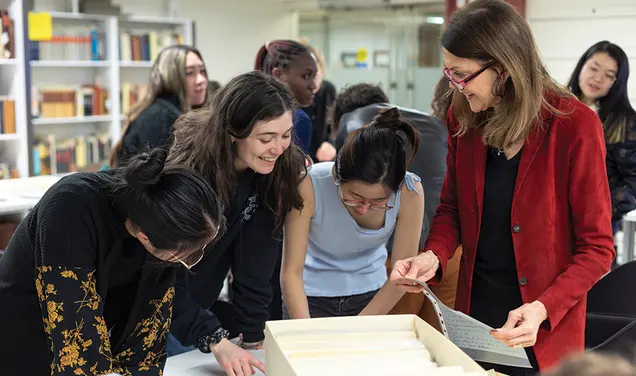A view from Cairo: Ozalp '95 shares his thoughts on recent events
Weeks after the 2011 revolution in Egypt, Ahmed Ozalp ’95, a founder and managing director of the corporate-finance firm Akanar Partners and chairman of the Alumni Schools Committee in Egypt, shared his reactions to the events in an essay published in PAW’s March 23, 2011, issue. Ozalp said the country had been on “a dramatic and emotional roller coaster of an experience that I hope to endure only once in my lifetime.” More than two years later, the roller coaster ride continues in some respects. But in daily life, he said, most Egyptians have continued business as usual, even during the recent turmoil that led to the military’s ouster of President Mohamed Morsi.
“It’s never as dramatic as what you see on television,” Ozalp said in a conversation with PAW late last week. “People go about their business, cafés are open, kids go to school. When there are disturbances or there are protests or various other incidents, they’re usually fairly localized. … In practicality, not much has changed, though obviously you are living in more anxious times because it is unstable. We sort of try and make the best of it.”
Ozalp’s work deals with mergers and acquisitions, and he said that while some prospective investors shy away from Egypt, those who visit often leave with a favorable impression. “Most people who are willing to give Egypt a chance have a positive medium- to long-term view,” he said. “Where it’s more difficult to predict is in the short term.”
Egypt’s political landscape in the last two years has been defined by shifting alliances, and Ozalp, who identifies with the secular liberal side, is hesitant to make any predictions about the future. He does have a few things that he’d like to see, including competent leadership and governance, and a less polarized, more conciliatory conversation between those whose political and ideological views differ.
Looking back on his essay from 2011, Ozalp said that he can read his words with humility and some sympathy for former U.S. President George W. Bush and his infamous “Mission Accomplished” speech on the USS Abraham Lincoln in 2003.
“It’s way too easy to declare early victory and not know the reality of what’s to come next,” Ozalp said. “Those 18 days of the revolution were really glorious days because they showed the best of what Egypt was. It was also not the end of the story.”











No responses yet